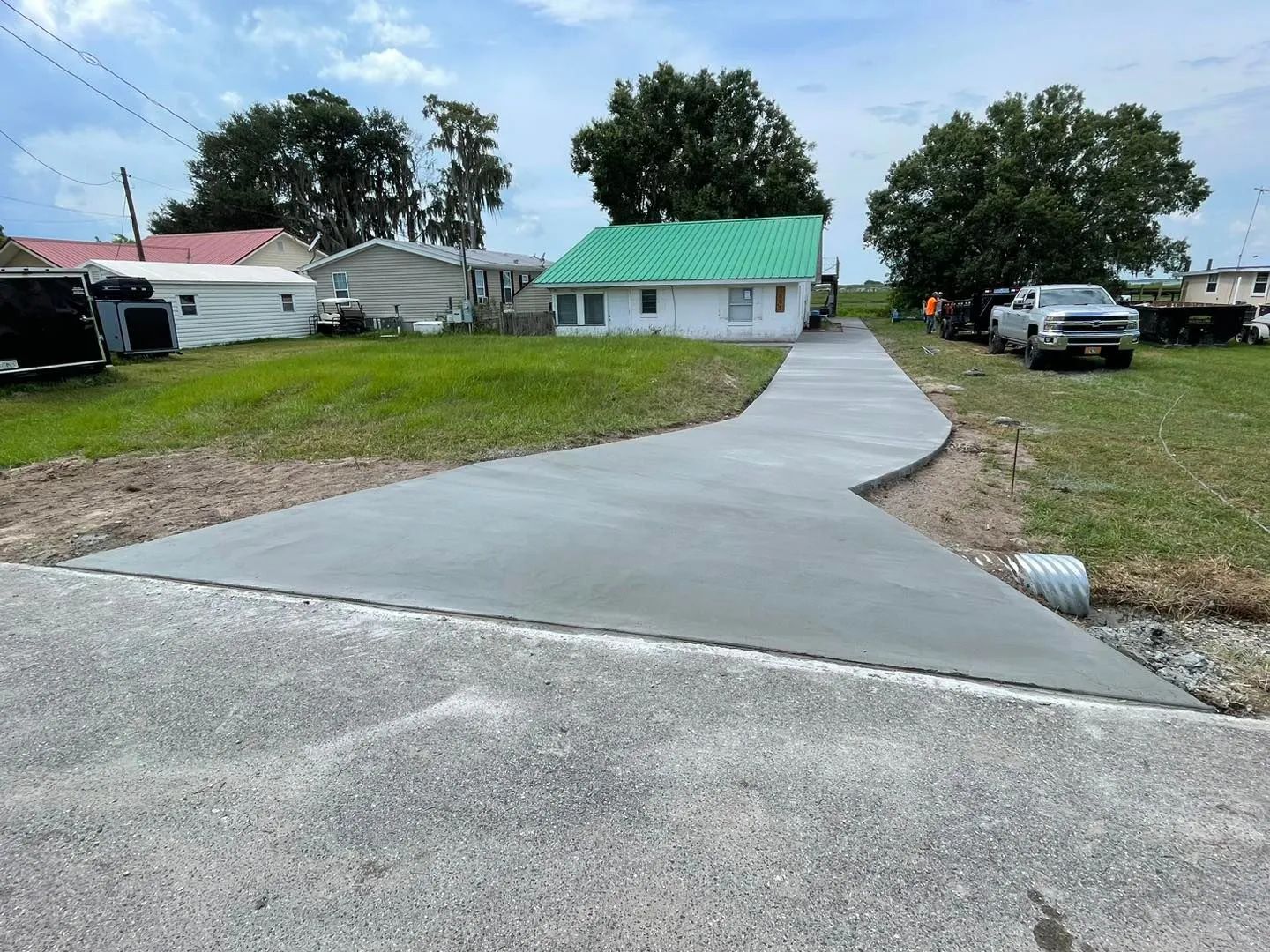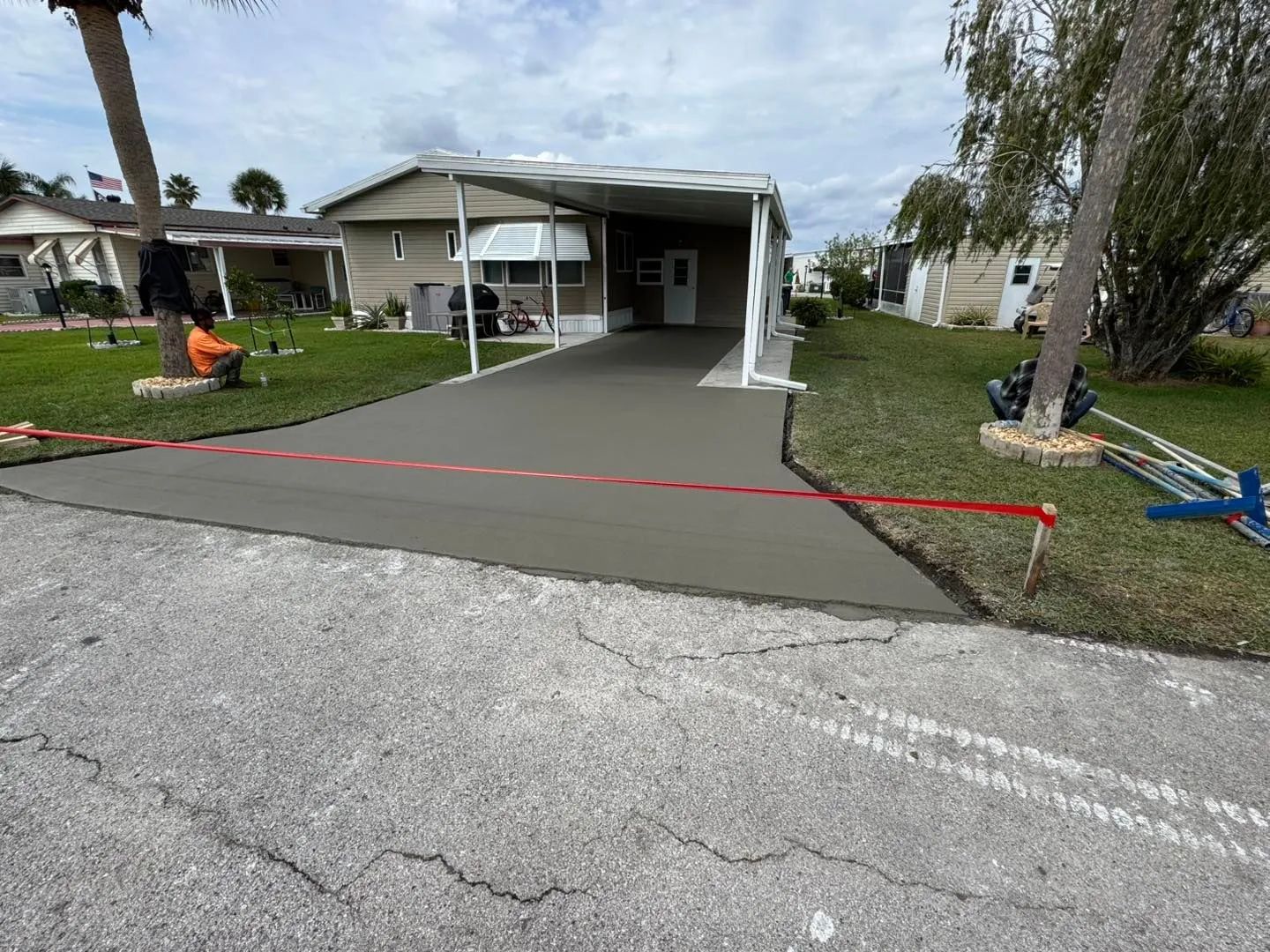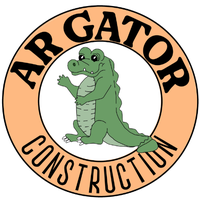The Ultimate Guide to Concrete Slabs: Uses, Types, and Installation Tips
Concrete slabs are a fundamental element in modern construction, offering strength, versatility, and long-term durability. From residential concrete services to commercial flooring and outdoor patios, they serve as the literal groundwork for countless structures. Whether you’re a homeowner planning a backyard project or a contractor overseeing a large build, understanding the various types of concrete slabs, their uses, and proper installation methods is key to a successful outcome.
Common Uses of Concrete Slabs
Concrete slabs are used in a wide range of applications due to their strength and adaptability. One of the most common uses is for building foundations, particularly in regions where ground stability is a concern. They are also ideal for driveways, patios, garage floors, and walkways, thanks to their load-bearing capabilities. In commercial settings, concrete slabs support heavy machinery and high-traffic environments. Additionally, they are often used in flooring systems for multi-story buildings and industrial structures.
Types of Concrete Slabs
Choosing the right type of slab depends on your project’s specific needs. Here are the most common options:
- Slab-on-Grade: Poured directly on the ground, slab-on-grade is the most straightforward and cost-effective type. It’s commonly used for ground-floor construction and exterior surfaces like patios.
- Suspended Slab: These slabs are poured above ground level and supported by walls or columns. They are typical in multi-story buildings and are designed to handle structural loads.
- Precast Slab: Manufactured off-site and transported for installation, precast slabs offer precision and quick setup. They are ideal for projects that require uniformity and faster construction times.
- Post-Tension Slab: Reinforced with steel cables that are tensioned after the concrete has set, post-tension slabs are strong and resistant to cracking. These are often used in large commercial projects or where soil conditions are poor.
Key Installation Tips for Best Results
Proper installation ensures the slab’s longevity and performance. Begin with a thorough site evaluation and soil preparation. The subgrade should be compacted and leveled to prevent settling or cracking over time. Use high-quality concrete and reinforce it with rebar or mesh when needed to enhance tensile strength.
Formwork must be precisely aligned and securely placed to hold the concrete in shape. Once poured, concrete should be vibrated or tamped to remove air pockets, then finished using appropriate tools to achieve the desired texture. Curing is a critical step—keeping the concrete moist for several days helps prevent surface cracks and improves strength.
Climate also plays a role in slab installation. In hot weather, concrete may dry too quickly, increasing the risk of cracking. In colder climates, additives may be required to ensure proper curing.
Maintenance and Longevity of Concrete Slabs
Once installed, concrete slabs require minimal maintenance but benefit from routine care. Sealing the surface can prevent moisture penetration, stains, and weather-related damage. Inspect regularly for cracks or surface issues, especially after extreme weather. Prompt repairs and proper drainage systems can extend the slab’s life significantly.
Whether you're laying the groundwork for a new structure or upgrading an outdoor living space, getting your concrete slab right is essential. At AR Gator, we’ve been delivering durable, professionally installed concrete slabs in Lake Wales, FL, for 15+ years. Our experienced team understands local conditions and ensures every slab is built to last. Contact us today to schedule a consultation and get your project started with confidence!



